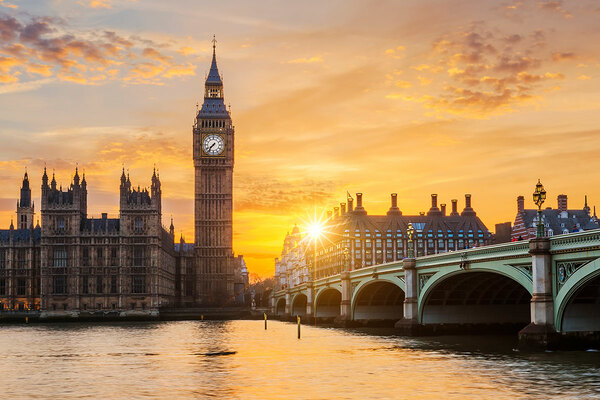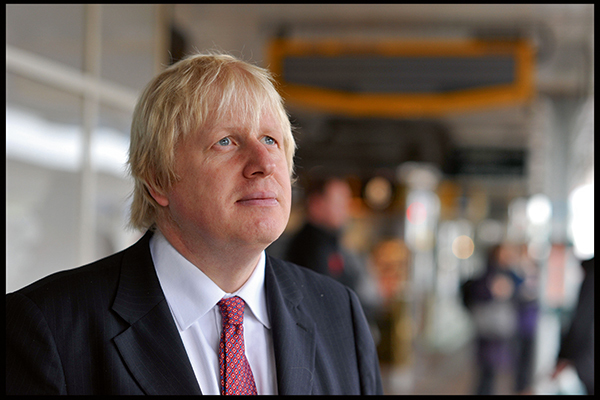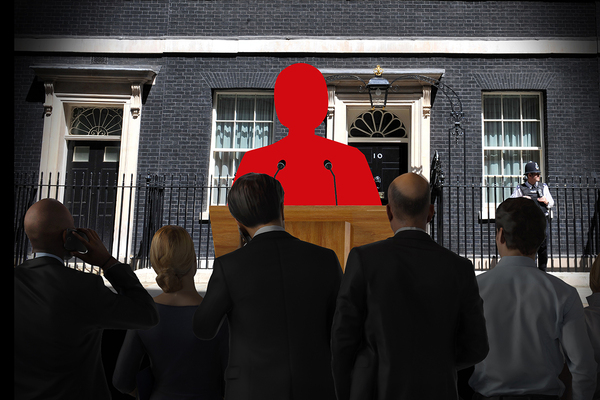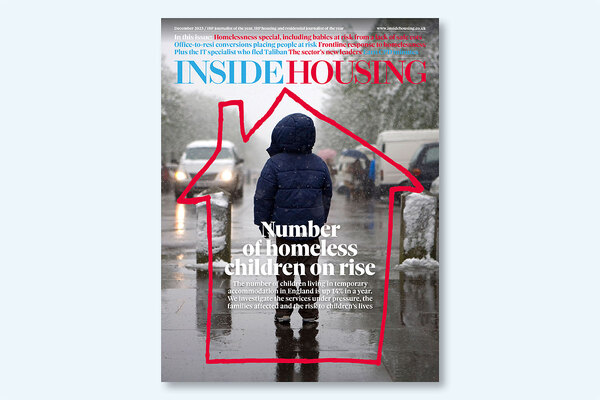You are viewing 1 of your 1 free articles

What the next prime minister must do to end the housing crisis
The past three years have seen some steps forward on housing but the next prime minister must go further if they want to truly end the housing crisis, writes Kate Henderson
As the tectonic plates of politics continue to shift, one thing has become clear: no one knows as much as they think they do about British politics or society. So much has changed in the past three years.
This applies to the politics of housing as much as anything else. Now, as Theresa May steps down as Conservative leader and prime minister, it seems like a good time to look back over the past three years. What has it held for the housing sector? And what will the next three years – and, more importantly, the next 30 years – look like?
From its earliest days the government was clear that it wanted to tackle the “burning injustices” that scarred the country. While those injustices still burn, attempts were made to tackle them.
Most significant was the government’s renewed recognition that building new social housing was vital to solving the housing crisis. This manifested in promises of an additional £3.4bn of grant for affordable housing, including some for social rent, as well as a further £2bn up until 2028/29.
Any new money for affordable housing was to be welcomed but the real significance was in what it represented: the recognition that the housing market is broken and that spending money on social housing is a necessary part of the solution.
Other decisions, like reintroducing social housing to the definition of affordable housing in the National Planning Policy Framework, echoed this shift.
But, at the end of the day, this hasn’t come close to ending the housing crisis. Funding for social housing was at a record low in mid-2017, which led to the housing crisis getting even worse. Now, rough sleeping has increased by 169% since 2010, while the number of people in temporary accommodation is at a 10-year high.
Meanwhile, the lack of new social homes pushed more and more people into insecure and expensive privately rented homes.
This has had disastrous consequences – half of all the children in the private rented sector are living in poverty.
In this context it’s easy to see why we need to do far more to bring an end to the worst domestic challenge facing the country.
This, then, raises a question: what will the next prime minister need to do?
First, they must invest in new affordable housing. Our research shows that we need 90,000 new social homes every year – however, due to the reduction in public spending, just 6,500 were built last year.
The fact that the number is even that high is testament to housing associations’ work and their innovation and resilience in the face of sharp cuts to funding.
But we all know that this number needs to be a lot higher, and that this can only happen with a significant programme of public investment in social housing.
Housing associations are ready and willing to use that investment to build the homes the country needs, in partnership with local government and others.
“Social and economic regeneration has also been neglected for decades and neighbourhoods across the country have suffered as a result. This means that the next government must also invest in reinvigorating local communities”
Second, the new prime minister must recognise that building new affordable homes also comes hand in hand with supporting communities.
Social and economic regeneration has also been neglected for decades and neighbourhoods across the country have suffered as a result. This means that the next government must also invest in reinvigorating local communities.
However, all of this will be for nothing if people don’t feel safe in their homes. The Grenfell Tower fire showed that something has gone catastrophically wrong with fire and building safety regulations at a systemic level.
This means that the third thing the next government must do is create a ‘Building Safety Fund’ to cover essential one-off work. This would ensure that housing associations can keep their tenants safe without needing to divert money from other vital areas of work, such as building new homes.
Finally, the next prime minister must ensure that tenants can live without stigma. There has been a growing recognition of the prejudice that clings to social housing, making tenants feel marginalised as parts of society look down on them.
“The new prime minister will have a chance to secure their legacy by ending the housing crisis for good. For the sake of the millions of people affected by it, they must seize this opportunity with both hands”
A new government must work with tenants and the sector to tackle this, so that no one is dismissed because of where they live.
Linked to this is the creation of a fair and effective welfare system, which means improvements to Universal Credit, an end to the benefit cap and the Local Housing Allowance freeze, and investing more in supported housing.
Once in office the next government will probably be greeted by an overflowing in-tray. But it’s important that they don’t neglect to support housing of all tenures, including social housing, and honour previous commitments.
Indeed, many of these issues can be quickly addressed at the upcoming Spending Review that’s scheduled for the autumn.
The new prime minister will have a chance to secure their legacy by ending the housing crisis for good. For the sake of the millions of people affected by it, they must seize this opportunity with both hands.
Kate Henderson, chief executive, National Housing Federation












